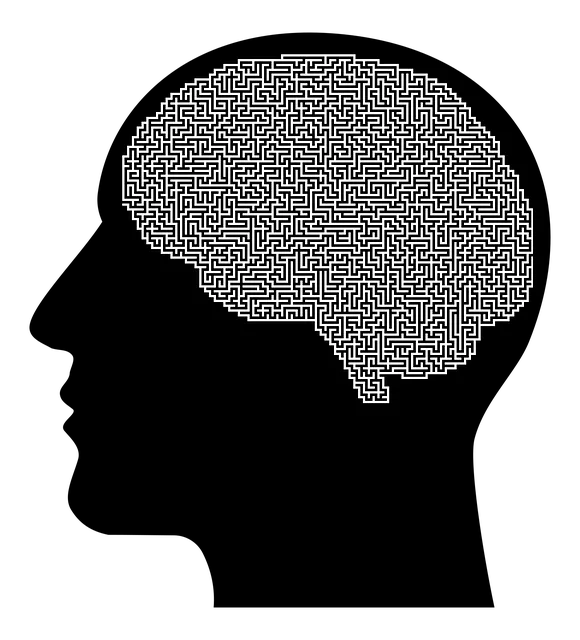Lakewood Kaiser Permanente is tackling misdiagnosis in mental health by increasing appointment numbers and implementing comprehensive training, including Healthcare Provider Cultural Competency Training, self-awareness exercises, and stress management workshops. Their multi-faceted approach combines patient-centered care, evidence-based practices, risk management planning, and ongoing professional development to enhance diagnostic accuracy and improve patient outcomes, ultimately transforming the mental health appointment experience.
Mental illness diagnosis accuracy is a critical aspect of patient care, with improvements significantly impacting treatment outcomes. This article explores efforts by Lakewood Kaiser Permanente to enhance diagnostic precision, focusing on two key areas: understanding and addressing misdiagnoses, and optimizing mental health appointments. By employing advanced tools and adopting a patient-centric approach, Lakewood Kaiser Permanente aims to improve the accuracy of mental health diagnoses, ensuring patients receive timely and effective treatment. Discover how their innovative strategies are making a difference in the field of mental health care.
- Understanding the Challenges: Uncovering Misdiagnoses and Their Impact
- Enhancing Diagnosis Accuracy: Tools and Techniques Employed by Lakewood Kaiser Permanente
- Patient-Centric Approach: Optimizing Mental Health Appointment Effectiveness at Lakewood Kaiser Permanente
Understanding the Challenges: Uncovering Misdiagnoses and Their Impact

Mental health professionals face significant challenges when it comes to accurate diagnosis. Misdiagnosis is a pressing issue, often leading to inappropriate treatment and hindering patients’ road to recovery. Many factors contribute to this problem, including complex symptoms that overlap across various disorders and the unique presentation of mental illness in different cultural contexts. For instance, what might be considered typical anxiety symptoms in one culture could differ greatly from another, making it harder for healthcare providers to pinpoint specific conditions accurately.
At Lakewood Kaiser Permanente, recognizing these challenges has prompted initiatives like enhancing mental health appointment numbers and implementing comprehensive training programs. The Healthcare Provider Cultural Competency Training equips professionals with skills to navigate cultural nuances, ensuring more precise assessments. Additionally, organizations like this one are promoting self-awareness exercises and stress management workshops for staff, aiming to foster a deeper understanding of mental illness and its manifestations, thereby improving diagnostic accuracy.
Enhancing Diagnosis Accuracy: Tools and Techniques Employed by Lakewood Kaiser Permanente

Lakewood Kaiser Permanente has made significant strides in enhancing the accuracy of mental health diagnoses through a multi-faceted approach. They prioritize patient-centered care, integrating advanced assessment tools and training programs for their mental health professionals. By employing evidence-based practices, the healthcare provider aims to minimize misdiagnosis rates and improve patient outcomes.
One notable strategy is the implementation of comprehensive risk management planning tailored to mental health professionals’ needs. This initiative focuses on burnout prevention, a critical aspect that directly impacts diagnostic accuracy. Additionally, Lakewood Kaiser Permanente offers ongoing workshops and resources for emotional regulation, recognizing its role in clinical decision-making. These techniques collectively contribute to creating a more precise and supportive environment for both healthcare providers and patients seeking mental health services.
Patient-Centric Approach: Optimizing Mental Health Appointment Effectiveness at Lakewood Kaiser Permanente

At Lakewood Kaiser Permanente, a patient-centric approach is revolutionizing mental health appointment effectiveness. This strategy prioritizes individual needs and preferences, fostering a more engaging and therapeutic environment. By encouraging open communication and actively listening to patients’ concerns, healthcare providers gain valuable insights into their psychological states.
Implementing self-awareness exercises and burnout prevention strategies for healthcare providers has been instrumental in enhancing the quality of care. These initiatives ensure mental health professionals are equipped with the latest techniques to accurately assess risks, thereby improving diagnosis accuracy. Through regular training sessions and risk assessment tools, providers are now better equipped to navigate complex patient presentations, ultimately leading to more successful treatment outcomes.
Mental illness diagnosis accuracy is a critical aspect of patient care, and organizations like Lakewood Kaiser Permanente are leading the way in improvement efforts. By employing advanced tools and techniques, as showcased in their enhanced diagnosis processes, and adopting a patient-centric approach during mental health appointments, they ensure a more effective and efficient system. This focused strategy not only benefits patients by reducing misdiagnoses but also contributes to overall mental health wellness within the community served by Lakewood Kaiser Permanente.






